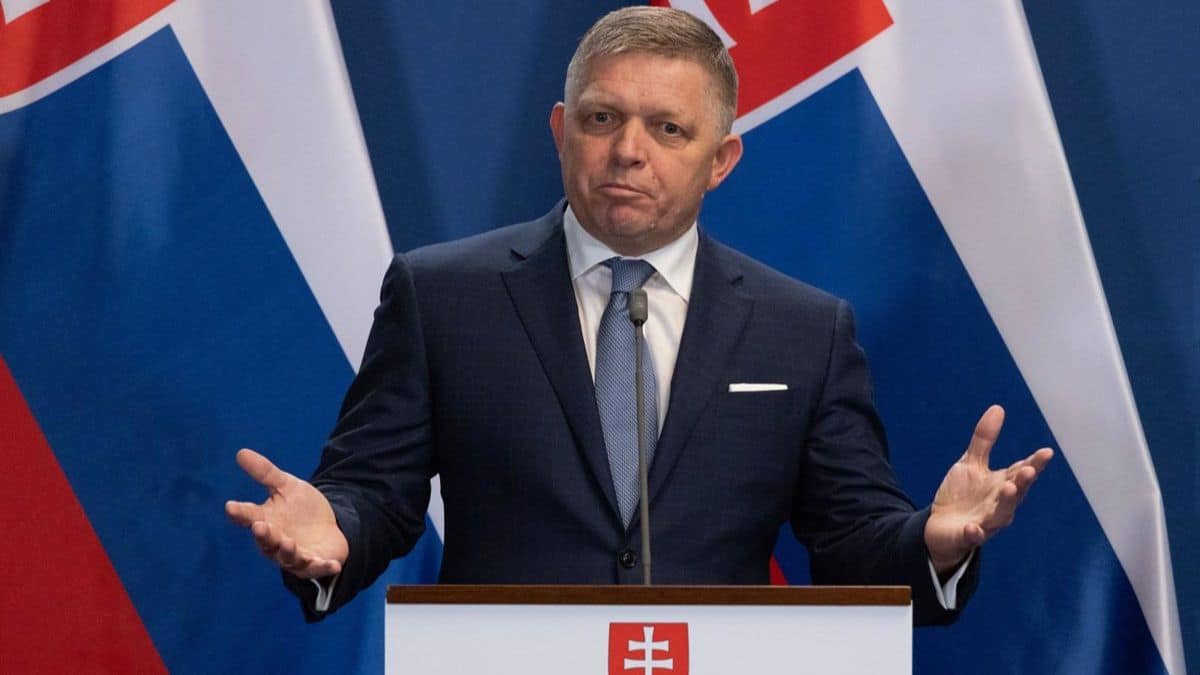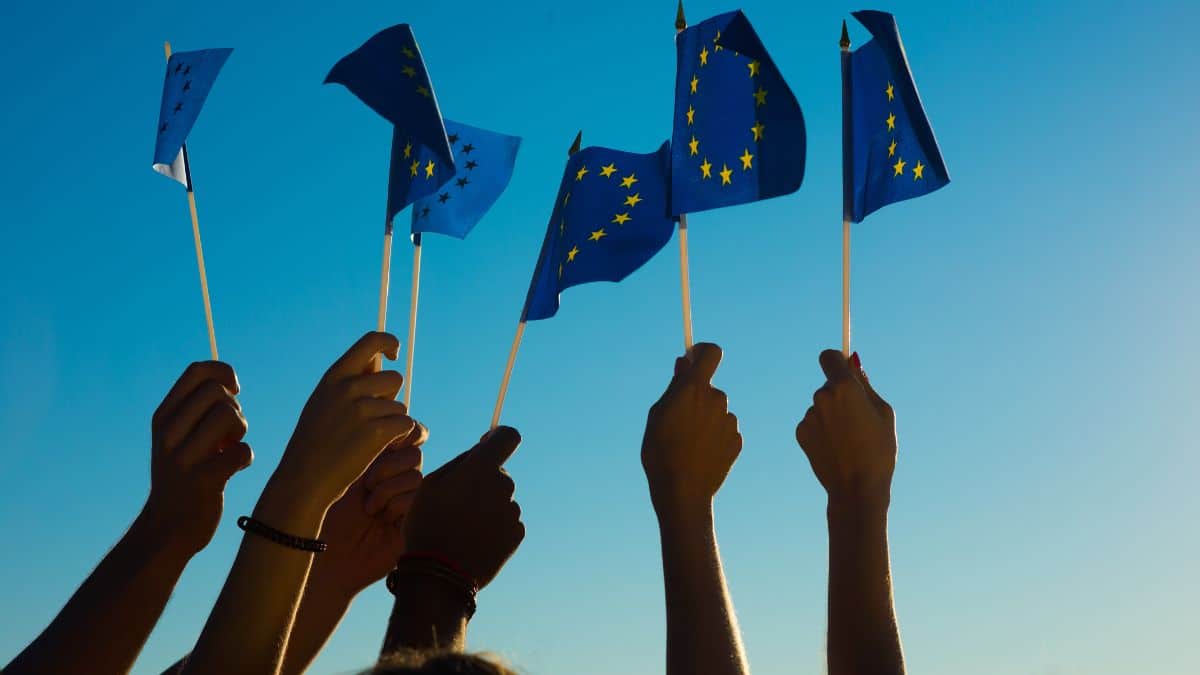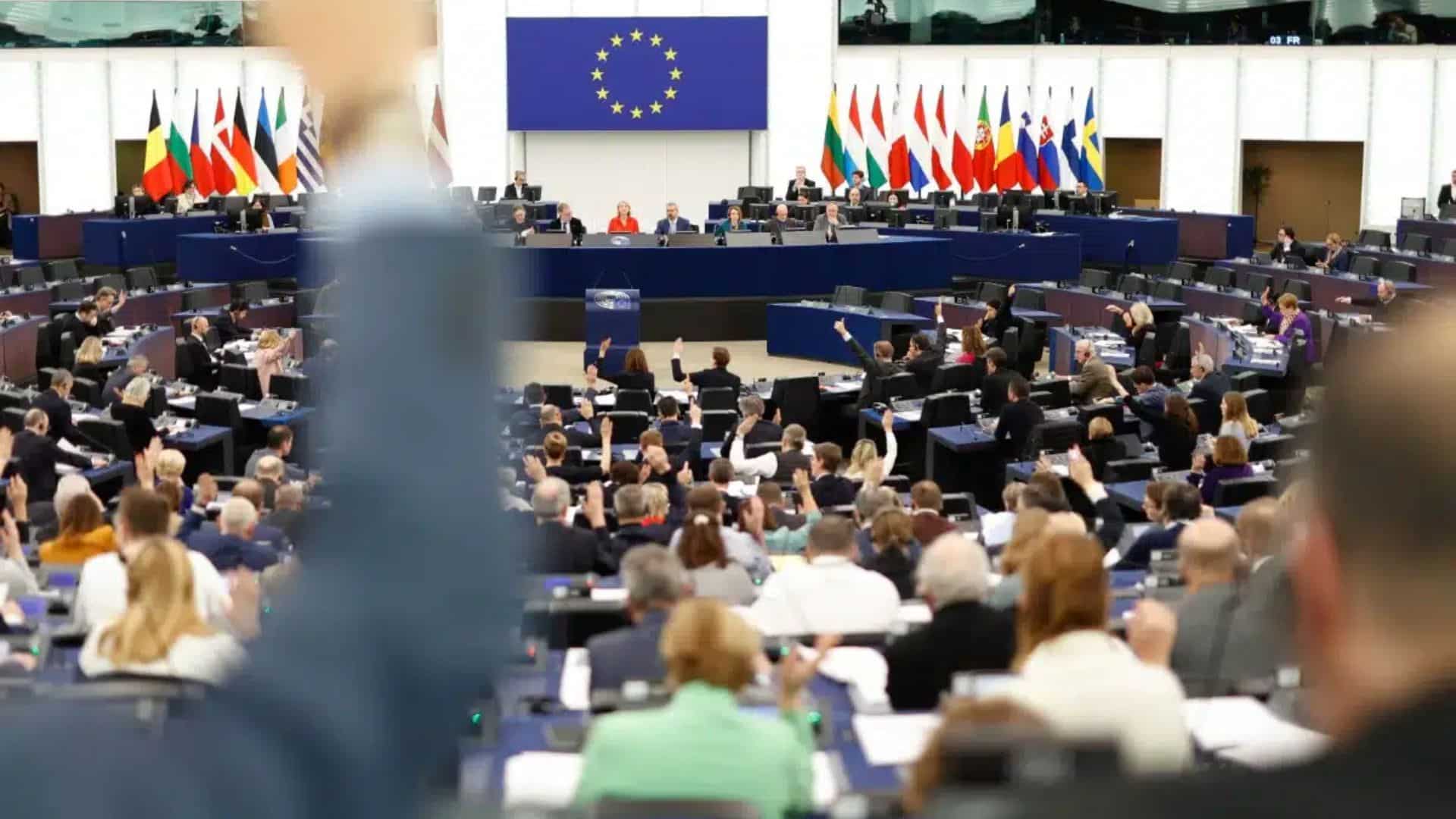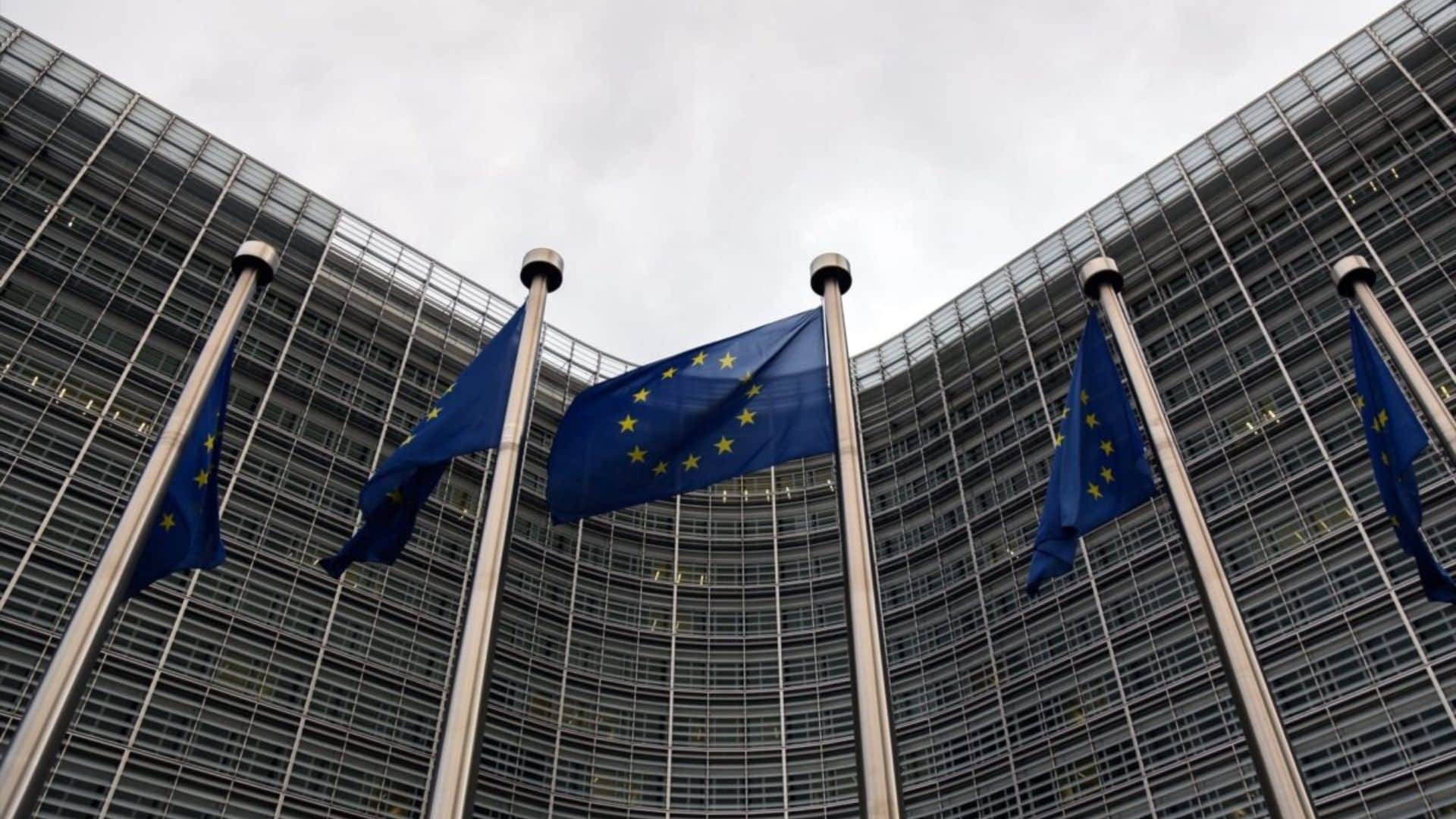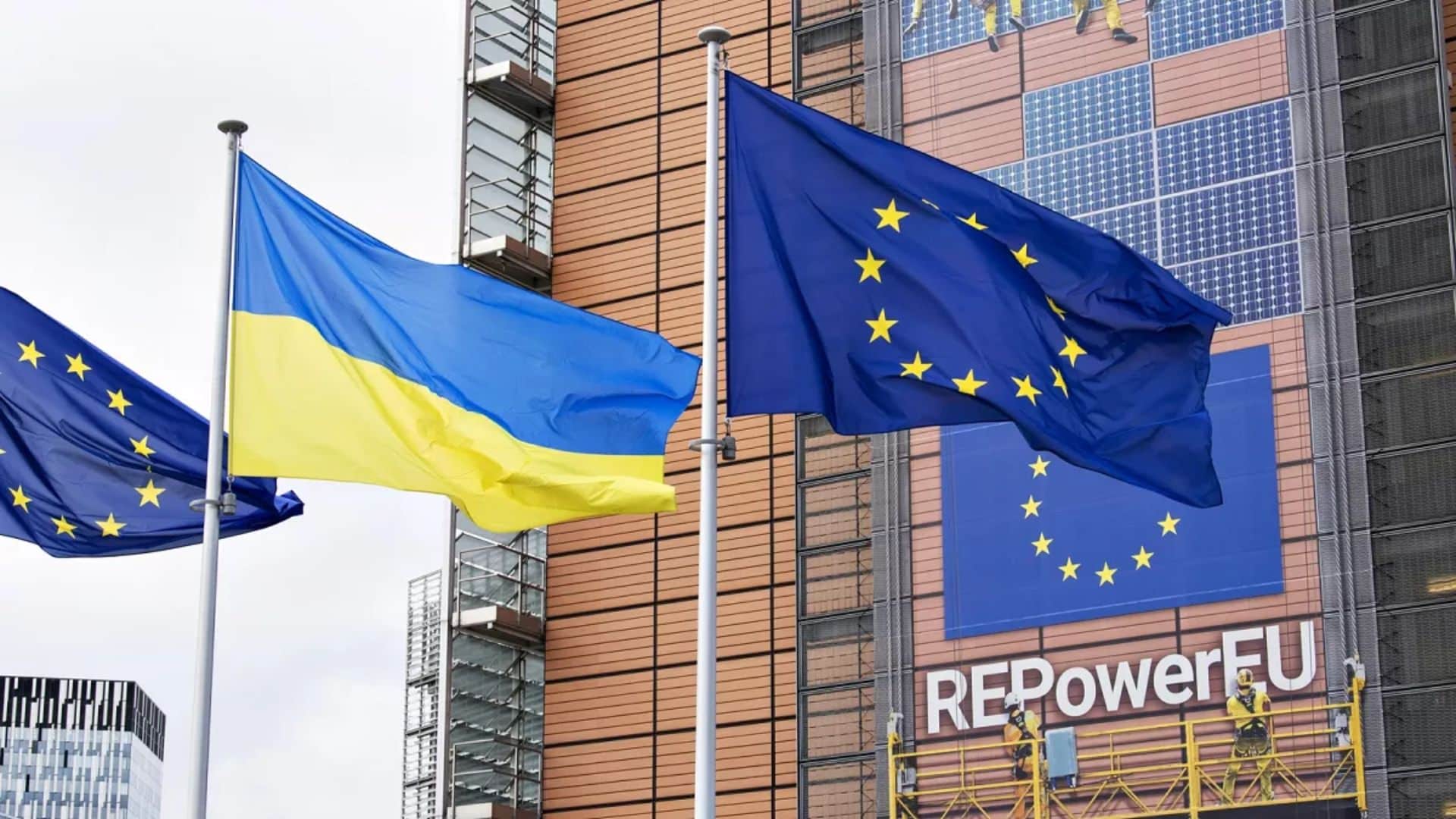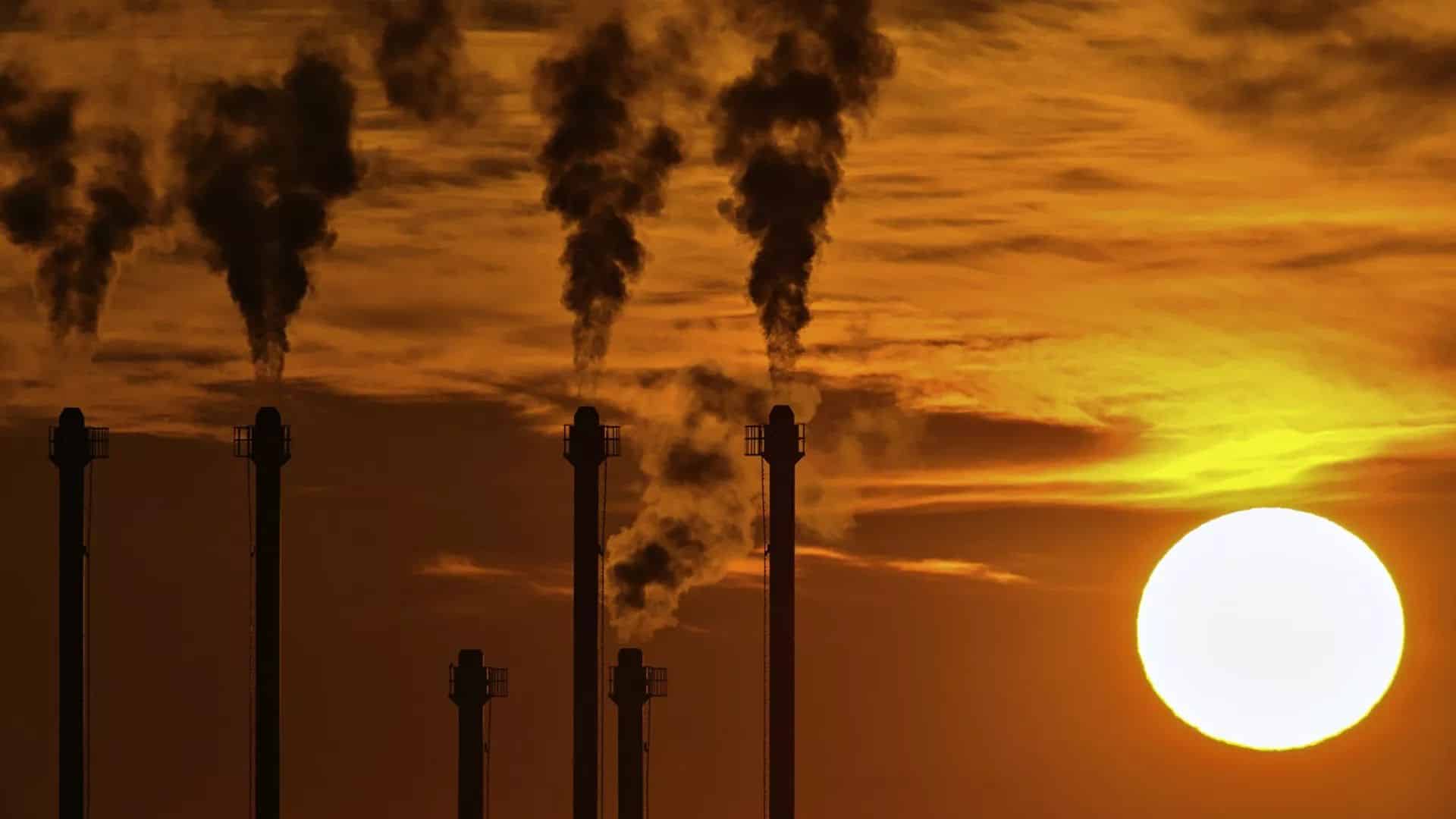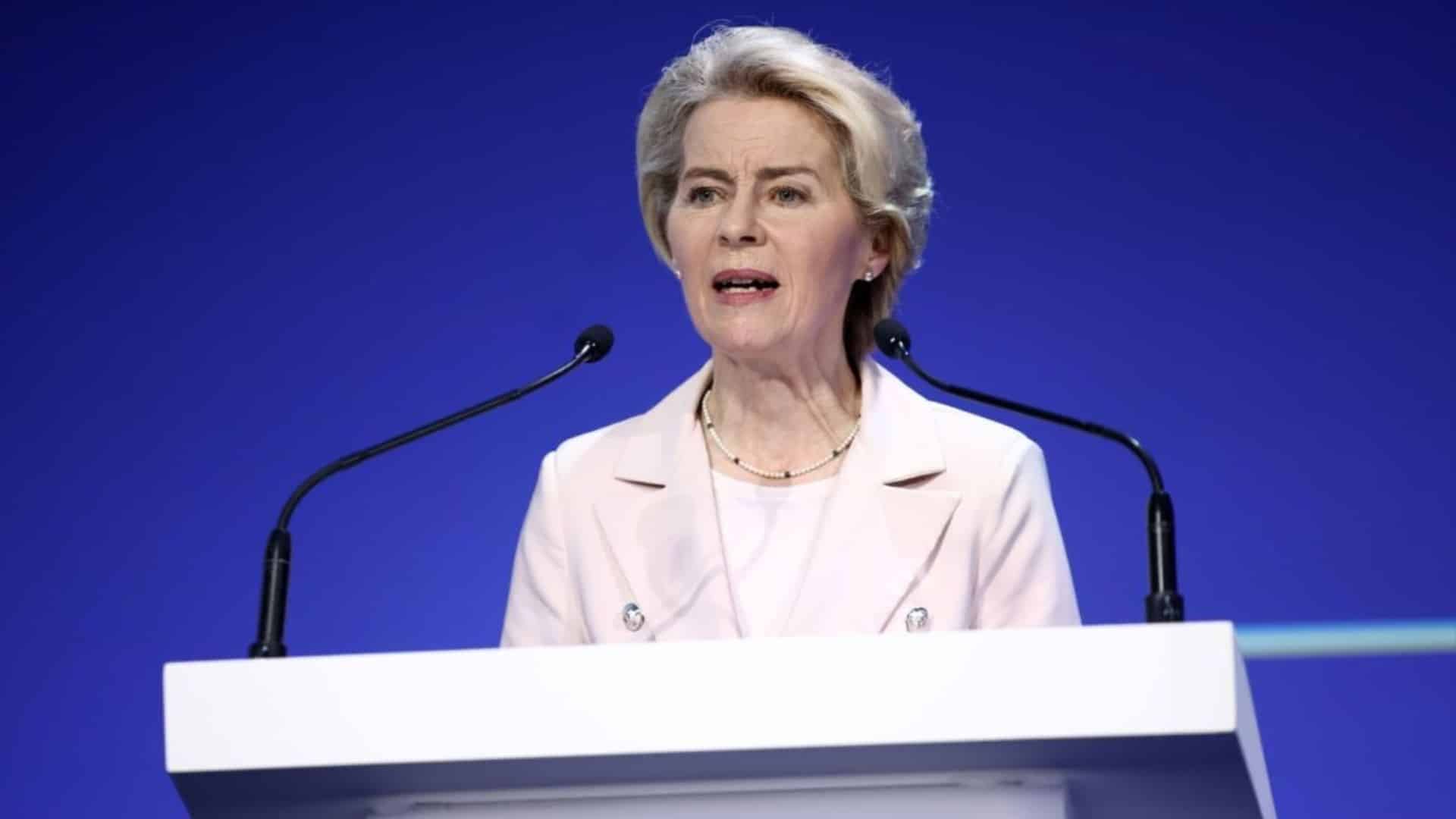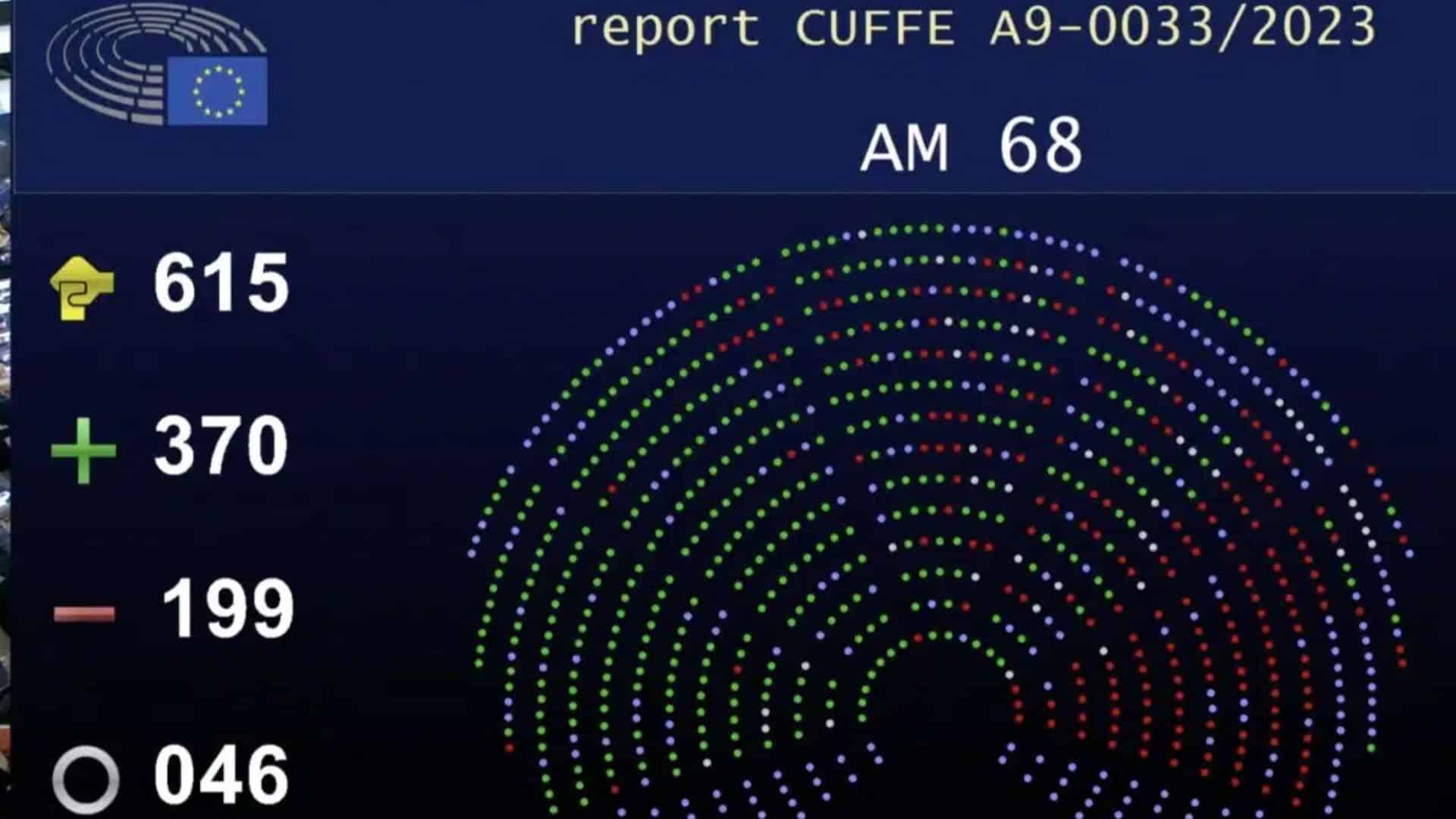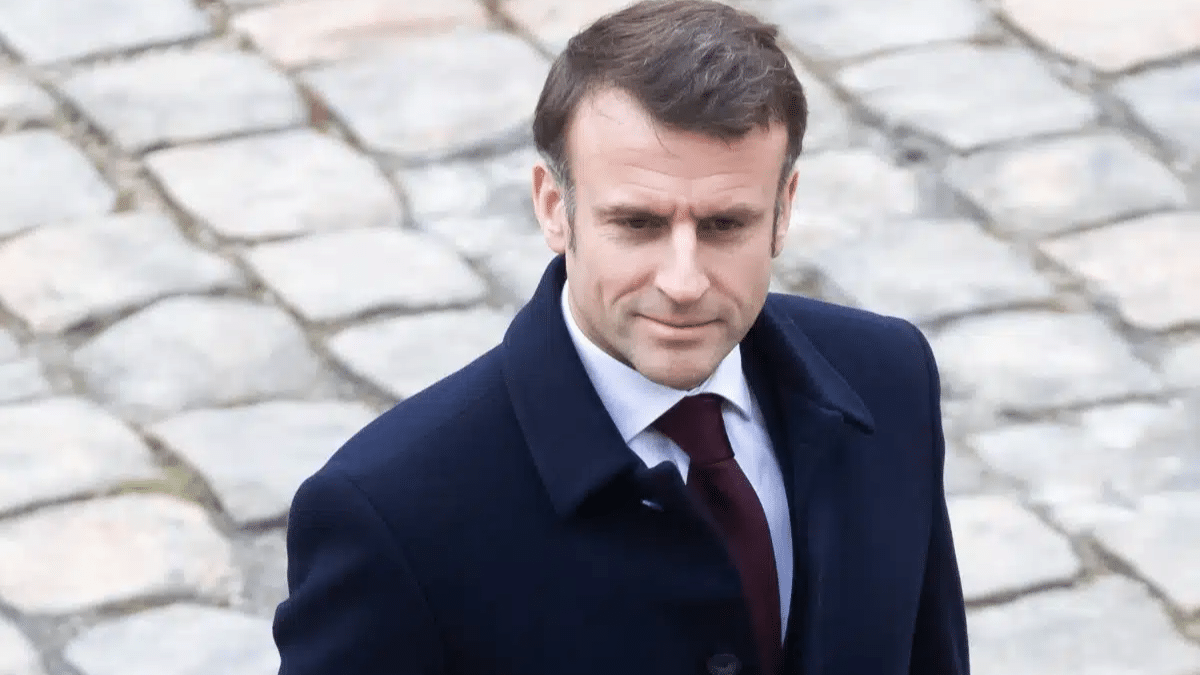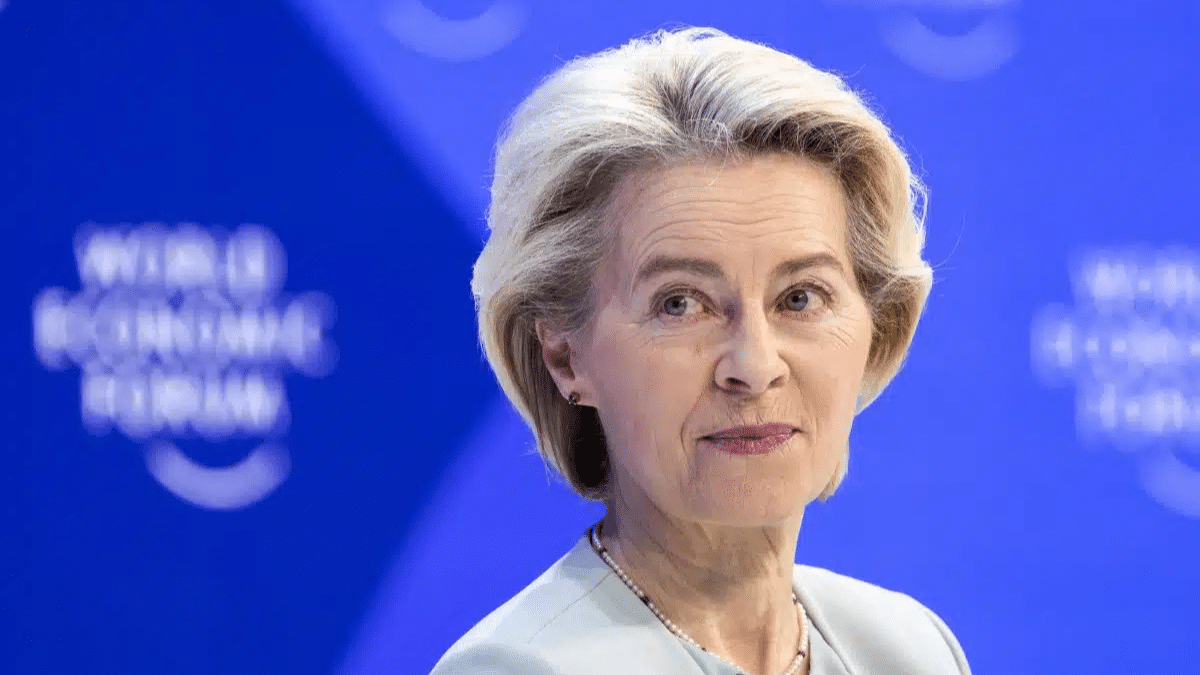
EU Readies Contingency Plan to Bypass Hungary’s Veto for €50-Billion Ukraine Aid Fund
Ursula von der Leyen, President of the European Commission, announced on Tuesday that the EU is prepared to circumvent Viktor Orbán’s veto if necessary to secure the €50-billion special fund for Ukraine. This fund aims to support Kyiv financially until 2027 and address its increasing public deficit. Hungary’s resistance has stalled the initiative, leaving the EU without funds for Ukraine.
In a tense summit in mid-December, Orbán followed through on his threat, blocking a unanimous decision. EU leaders plan to meet again on February 1 to reconsider the Ukraine Facility.
Von der Leyen emphasized the importance of engaging all 27 EU member states to activate the €50-billion fund for Ukraine. Speaking at the World Economic Forum in Davos, she mentioned the ongoing preparations for the upcoming European Council meeting.
Hungarian officials have suggested dividing the Facility into four annual parts and extending the deadline for using COVID-19 recovery funds as conditions for lifting the veto. While Von der Leyen did not directly address these demands, she affirmed that the EU would approve the fund with or without Hungary’s consent.
“My personal priority is to reach an agreement with all 27 nations. But if that’s not achievable, we’re ready for a 26-nation agreement,” she stated, preferring a unanimous decision.
Although the EU is reportedly developing an alternative plan, hinted at by von der Leyen, to avoid a repeat of December’s setback. This plan might involve the Commission borrowing €20 billion from financial markets.
During a meeting with Ukrainian President Volodymyr Zelenskyy in Davos, von der Leyen pledged to strive for the Facility’s approval, which is crucial for Ukraine. Zelenskyy highlighted the need for consensus on this issue at the upcoming summit.
Von der Leyen also spoke at the World Economic Forum, stressing the urgency of predictable financing for Ukraine, especially given the legislative gridlock in the U.S. She underscored the necessity of continued support for Ukraine, including sufficient weapons, deterrence capabilities against future attacks, and the hope of a better future in Europe.

